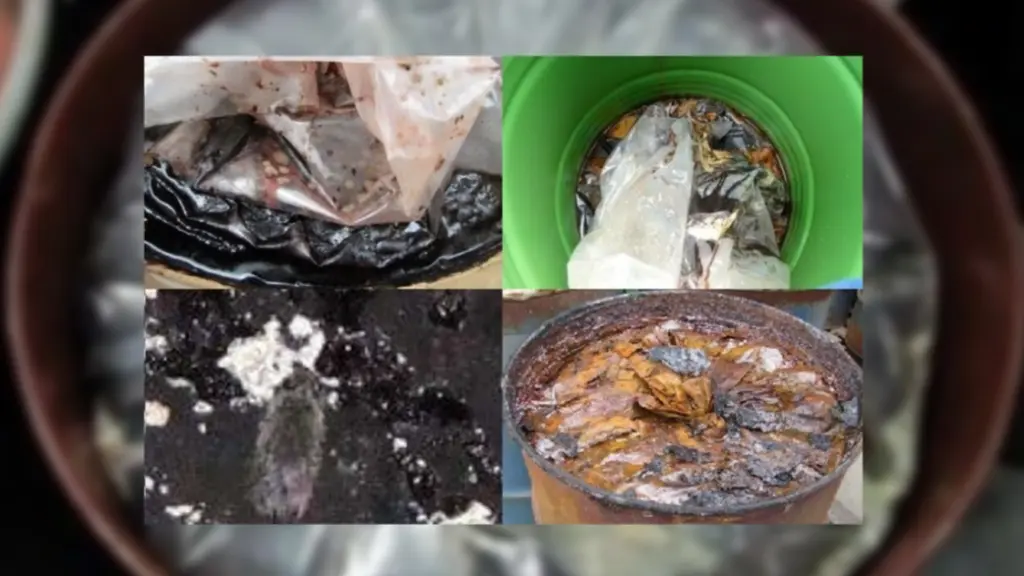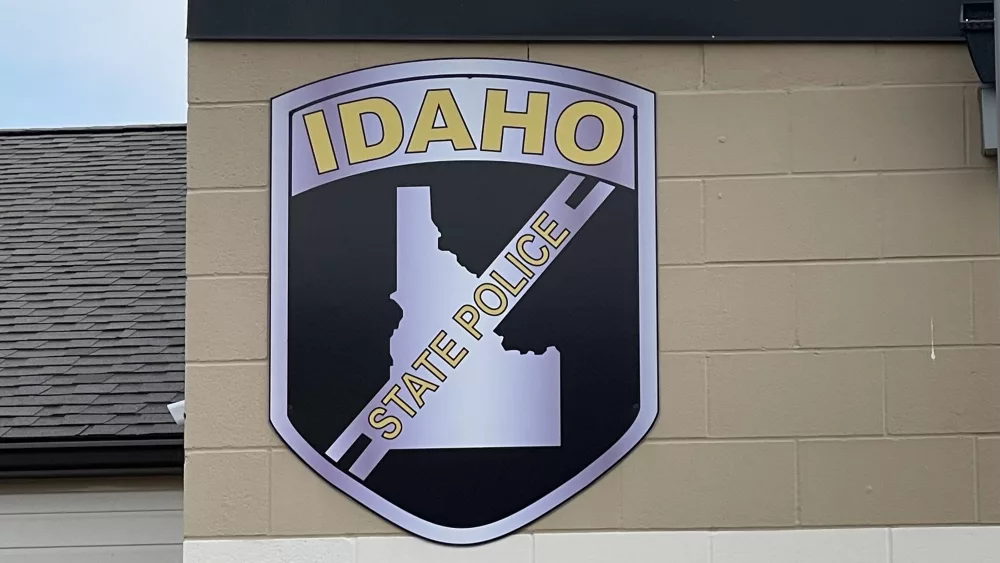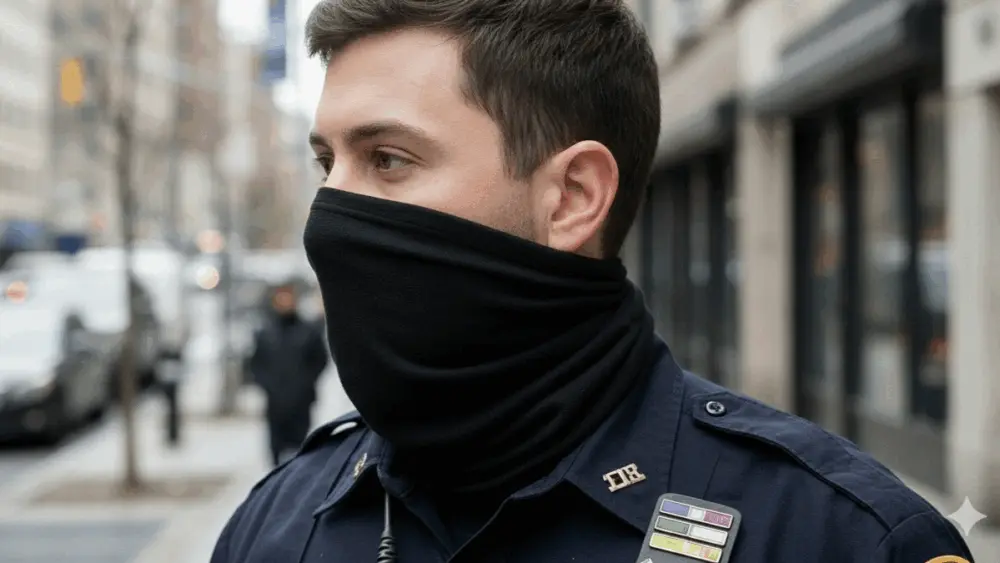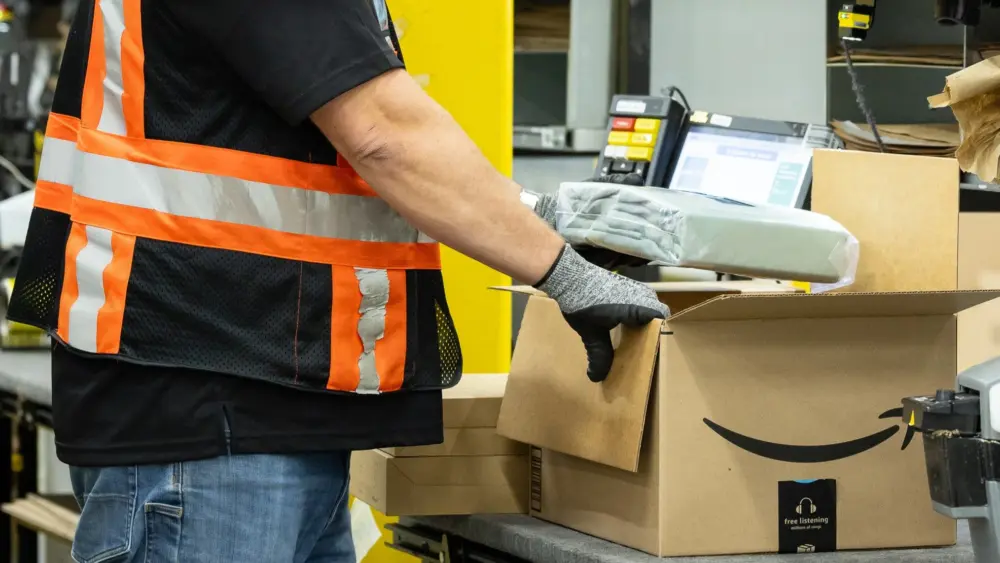SUNNYSIDE, WA – The former owner of a fruit juice processing facility in central Washington was sentenced Tuesday to three years of probation after federal inspectors found that the company had stored and sold contaminated juice products, including some used in school lunch programs.
Mary Ann Bliesner, 83, the former president and primary owner of Valley Processing Inc. (VPI), pleaded guilty in December of 2024 to two misdemeanor charges related to food safety violations under the Federal Food, Drug, and Cosmetic Act. She and her now-closed company were also ordered to pay a judgment of $742,139.
According to court documents, the company admitted to distributing adulterated apple and grape juice between 2012 and 2019. Some of the juice had been improperly stored for years in uncovered concrete vats at an unregistered facility, referred to as the Grape Road Facility. Testing later showed the juice was contaminated with rodent and bird feces, fur, insects, mold, and other debris.
Bliesner and VPI also allegedly acknowledged that they failed to register the storage facility with the Food and Drug Administration, as required by federal law. During a 2018 FDA inspection, employees initially tried to block entry to the contaminated storage area and falsely claimed it contained no juice products.
Investigators said the company blended the older, tainted juice concentrate with newer product and sold it as if it were recently processed. Some of that product was delivered to suppliers for the National School Lunch Program, which serves meals to children from low-income families.
In 2020, the U.S. government filed a civil action to stop Bliesner and VPI from producing or distributing food. The following year, the company agreed to a consent decree that barred it from engaging in any food-related business without prior FDA approval. VPI subsequently shut down and ceased operations.
A federal grand jury returned a 12-count indictment against Bliesner and VPI in 2022, including charges of fraud and distributing unsafe food products.
Federal officials involved in the case said the violations posed serious health risks to consumers, particularly schoolchildren. The FDA’s Office of Criminal Investigations led the investigation, with prosecution handled by attorneys from the Justice Department’s Consumer Protection Branch and the U.S. Attorney’s Office for the Eastern District of Washington.





